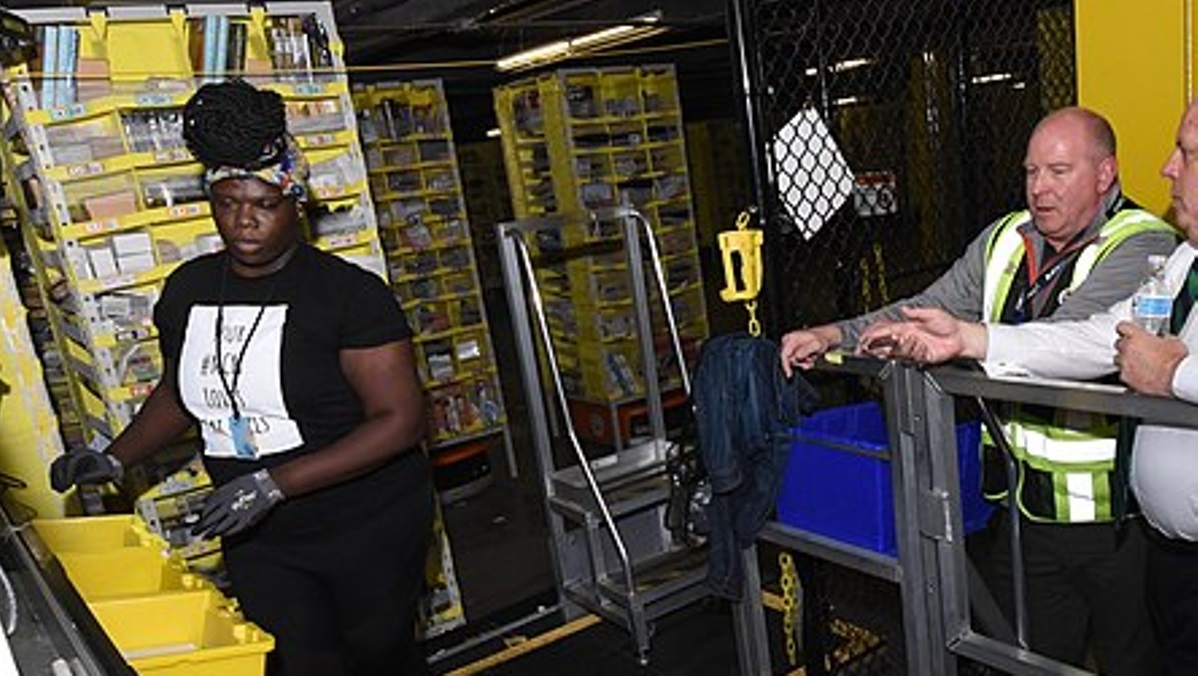A new study concluded that tax subsidies granted to Amazon by local governments in New York have provided little to no economic benefit for their communities. The study, conducted by economists from the University of Wisconsin-Whitewater and the Jack Kemp Foundation, analyzed 20 years of data from 134 localities nationwide.
“Subsidies designed to attract Amazon to communities in New York created far fewer jobs than promised and at a very high cost per job,” Brannon said. “Local taxpayers are effectively paying the wages of Amazon workers in the first year and more, with little to show for it.”
According to data from the advocacy group Good Jobs First, local governments in New York have granted Amazon more than $671 million worth of tax subsidies over the past two decades.
The report said Amazon created only 23 jobs for every $1 million in subsidies. This is only 12% of the jobs Amazon and its proponents have claimed to create, according to economist Ike Brannon, senior fellow at the Jack Kemp Foundation and co-author of the study.
Governments spend about $44,000 for each job created due to a new Amazon fulfillment center, which is almost 40% higher than the average wage for an employee at an Amazon facility, the study says.
Talent.com reports that the average salary for an Amazon warehouse worker in the U.S. is about $32,000 annually. Additionally, the report says, "Amazon does not create jobs beyond its own company, and in many situations, it effectively crowds out jobs elsewhere." It concludes that the subsidies have accomplished relatively little and that rather than continue to provide direct subsidies to certain companies, they should instead pursue job growth by "improving the business and social environment of their community."
According to Good Jobs First, New York's largest subsidies to Amazon came from Monroe County ($151 million), Niagara County ($124 million), Onondaga County ($71 million) and two projects in New York City ($38 million). (Totals are all approximate.)
Localities are unlikely to receive enough new tax revenue to make up for the subsidy, Brannon said. “Communities are highly unlikely to ever recoup the cost of these subsidies in additional tax revenue because the jobs Amazon creates pay such low wages that earners pay no or very little state and local income taxes," he said. "The sales taxes generated by their spending would be slight as well.”

